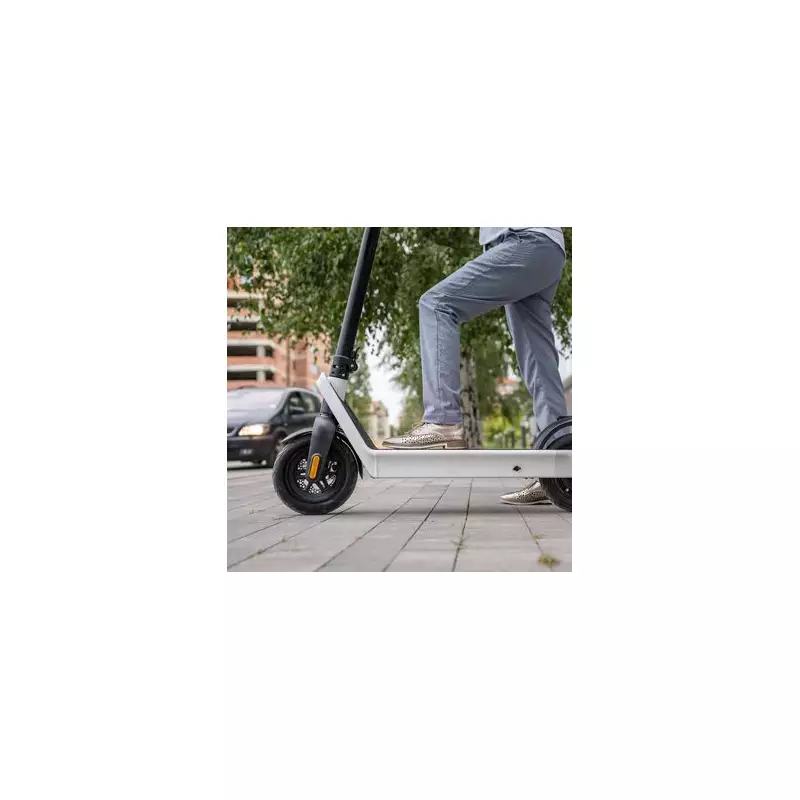
The UK government is launching a major offensive against privately owned e-scooters after an alarming and unprecedented surge in accidents and serious injuries on public roads. New legislation is being fast-tracked to close a legal loophole that has allowed a wild west scenario to develop on Britain's streets.
The move comes in direct response to shocking new data revealing a near 1,500% explosion in e-scooter related casualties. The Department for Transport's figures are nothing short of staggering, painting a picture of a transport trend that has spiralled dangerously out of control.
The Human Cost
Behind the statistics lies a trail of human suffering. Last year alone, e-scooter accidents resulted in:
- 1,434 casualties across Great Britain
- 11 tragic fatalities
- 484 serious injuries requiring hospital treatment
- Countless minor injuries and near-misses
These numbers represent a catastrophic increase from the mere 91 casualties recorded just three years prior, highlighting the rapid escalation of the crisis.
The Legal Grey Zone
Currently, private e-scooters occupy a bizarre legal grey area. While it's perfectly legal to purchase one, riding them on public roads, pavements, or cycle lanes remains completely illegal. This contradiction has created widespread public confusion and effectively hampered police enforcement efforts.
The government's new measures aim to shatter this confusion. Tighter regulations, stricter enforcement protocols, and a public awareness campaign are all part of the proposed package to rein in the chaos.
Rental Schemes vs Private Ownership
In a telling distinction, the government's crackdown appears specifically targeted at privately owned scooters. Official rental trials operating in over 30 areas across England will continue, suggesting authorities view these regulated, insured, and geo-fenced schemes as a safer alternative.
This two-tier approach indicates a desire to harness the benefits of e-scooters for short, eco-friendly journeys while eliminating the dangers posed by unregulated private models, which often lack safety features and are frequently modified for higher speeds.
The Department for Transport has underscored its commitment to making Britain's streets safer for all users—pedestrians, cyclists, and motorists alike. This decisive action signals the end of the e-scooter free-for-all and the beginning of a new era of regulated micro-mobility.





